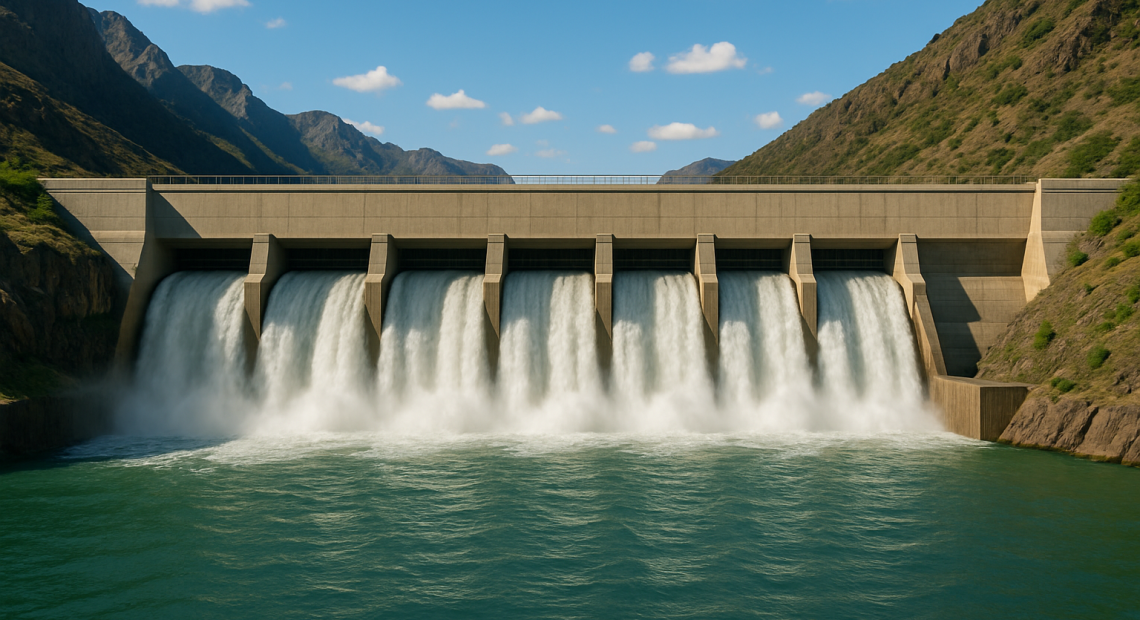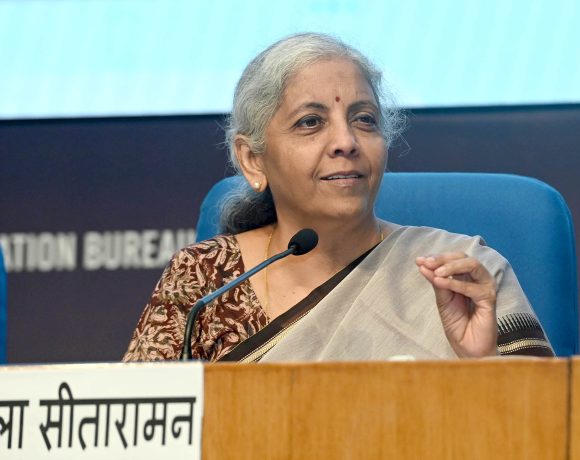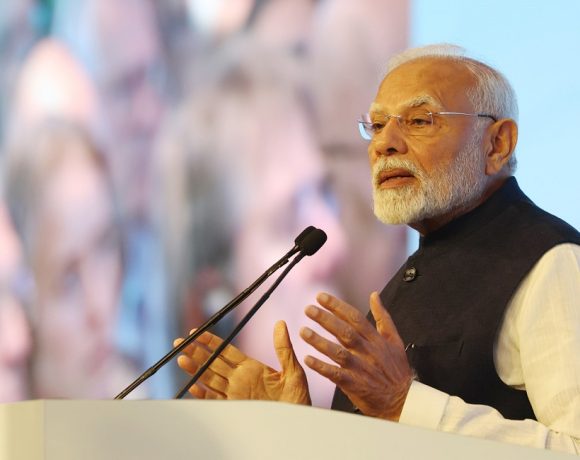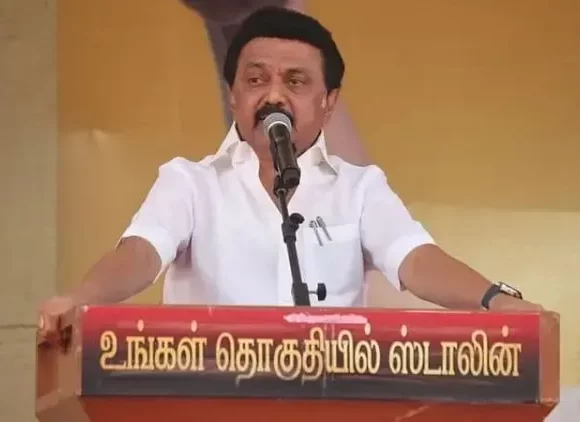
India Suspends Indus Waters Pact, Fast‑Tracks Tulbul and Six River Projects
In a bold policy shift following the Pahalgam terror attack, India has confirmed a permanent suspension of the 1960 Indus Waters Treaty (IWT) and is moving ahead with six major water projects, including the long-delayed Tulbul Navigation Project. Jal Shakti Minister C.R. Paatil reiterated that New Delhi will not revisit the IWT, making it clear that Pakistan’s diplomatic objections will not influence India’s ambitious infrastructural agenda.
Suspension of the Treaty
India’s decision effectively ends reliance on treaty-based water sharing arrangements that traditionally limited its use of rivers flowing westward. With Iran’s plea dismissed, India now envisions unilateral control over Indus, Jhelum, and Chenab flows to benefit domestic interests—especially for irrigated agriculture and regional water security.
Tulbul Navigation Project Revival
At the heart of new initiatives is the Tulbul Project on the Jhelum River, which aims to stabilize river flow during lean seasons to enable year-round navigation. The National Hydroelectric Power Corporation has begun preparing a detailed project report, expected to be ready in about a year. The plan has also asserted to uplift communities across Jammu & Kashmir’s riverine corridors.
Broad Hydropower and Water Diversion Plans
India is also expediting other watershed infrastructure:
- Ratle Hydropower Plant on the Chenab, targeting 850 MW capacity.
- Expansion of the existing Kishanganga facility.
- Proposals for inter‑basin canals, including plans to link the Chenab with the Ravi–Beas–Sutlej network—benefitting agricultural regions in Punjab, Haryana, Rajasthan, and Jammu & Kashmir.
- Modernisation and capacity enhancements at dams along the Uri, Salal, Baglihar, Dulhasti, Nimu–Bazgo, and Chutak sites.
Strategic Impact and Regional Response
India’s push for these projects reflects a strategic intent to reclaim control over western rivers—critical for irrigated agriculture, hydropower, and regional development. Islamabad has voiced strong objections, describing India’s actions as illegal and potentially provocative, and has threatened legal recourse through international adjudicative bodies.
Outlook Ahead
With the Tulbul DPR slated for mid‑2026 and construction plans underway for various dams and canal linkages, the coming year will be pivotal. How swiftly India progresses its infrastructure and how Pakistan responds via treaties, forums, or legal conventions will shape the future of transboundary water relations in South Asia.
India’s approach highlights a tectonic shift—from external treaty reliance to assertive national resource planning. It underscores the increasing intersection of infrastructure, national security, and water diplomacy in one of the world’s most contested river basins.


















